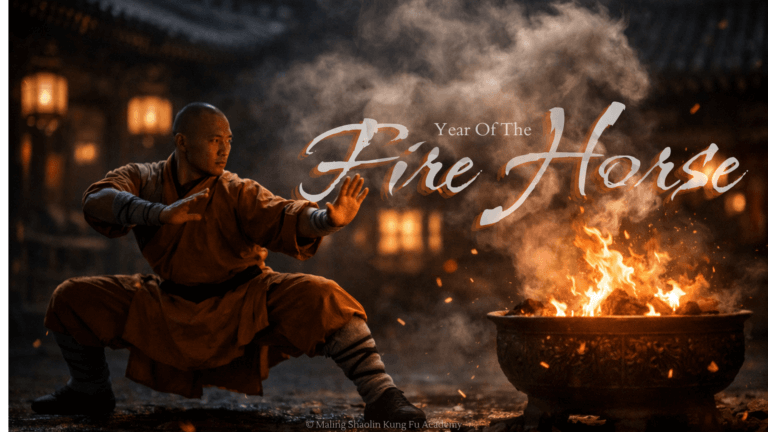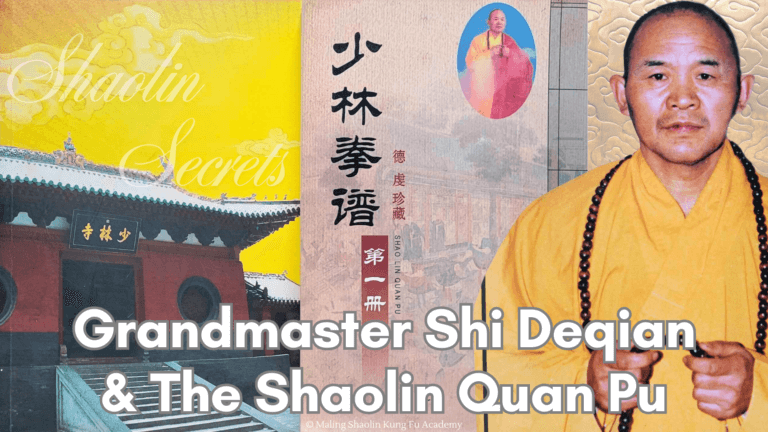
The Qixi Festival, often referred to as Chinese Valentine’s Day, is a cherished tradition celebrated in China and other parts of East Asia. This romantic festival, rooted in a centuries-old legend, occurs on the seventh day of the seventh lunar month. This year it falls on August 10, 2024 by the Gregorian Calendar. It is a time when lovers express their affections, families celebrate together, and the ancient story of two star-crossed lovers, Niulang and Zhinu, is retold with reverence and nostalgia. In this blog post, we delve into the origins, traditions, and modern celebrations of the Qixi Festival, exploring its significance in Chinese culture.
The Legend of Niulang and Zhinu
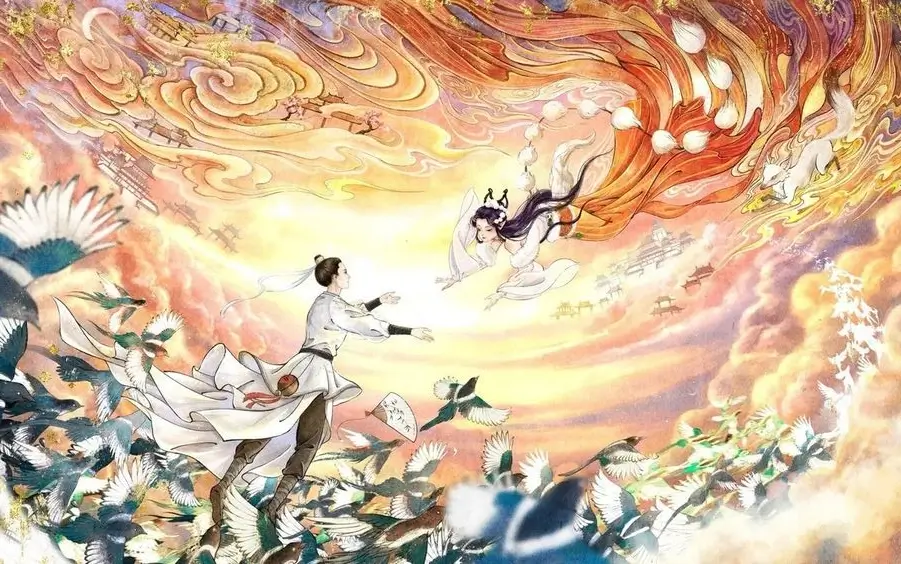
The Qixi Festival is steeped in the poignant love story of Niulang (the Cowherd) and Zhinu (the Weaving Maid), which has been passed down through generations. According to legend, Niulang was a humble cowherd who lived a simple life, while Zhinu was a beautiful and skilled weaver, the daughter of the Jade Emperor and Queen Mother of the West in the heavens. One day, Zhinu descended to the mortal world and met Niulang. They fell deeply in love and married, living happily together and raising two children.
However, their love was forbidden, as Zhinu was an immortal being, and her absence from the heavens caused disarray in the celestial order. The Queen Mother of the West, upon discovering Zhinu’s marriage to a mortal, was furious and ordered her to return to the heavens. She created the Milky Way, a river of stars, to separate the lovers, thus creating a vast gulf between them.
Moved by their love and sorrow, magpies took pity on the couple and formed a bridge across the Milky Way, allowing Niulang and Zhinu to reunite for just one night each year—the seventh day of the seventh lunar month. This reunion is the essence of the Qixi Festival, symbolizing enduring love and devotion.
When the golden wind meets the jade dew,
They mingle and become the frost of dawn.
Once a year, the Silver River meets the morning stars.
How many miles away is the distance of the morning?Tenderness like water, a beautiful time like a dream,
How can I bear to look back at the path of the magpie bridge?
If the two hearts are united forever,
Why do they need to stay together, day after day?纤云弄巧,飞星传恨,银汉迢迢暗渡。
金风玉露一相逢,便胜却人间无数。柔情似水,佳期如梦,忍顾鹊桥归路。
《鹊桥仙》 (The Fairytale of the Magpie Bridge) by Qin Guan (秦观), Song Dynasty
两情若是久长时,又岂在朝朝暮暮。
Traditions and Celebrations
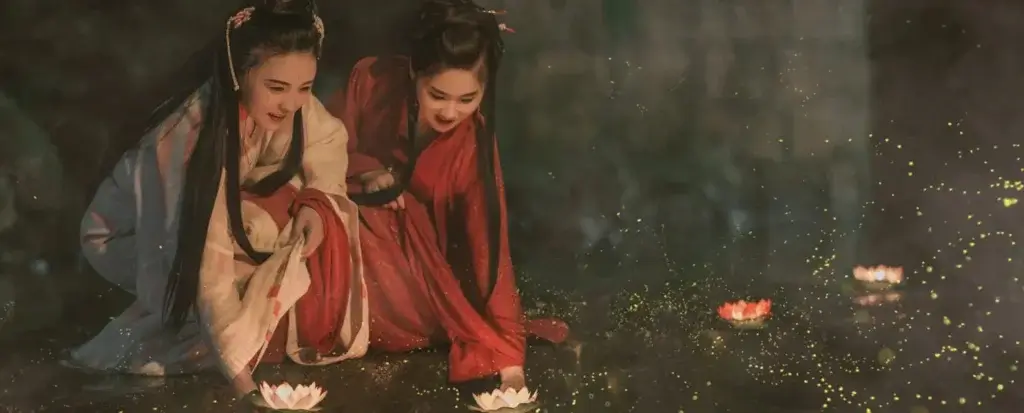
The Qixi Festival has been celebrated for over 2,000 years, with customs and rituals varying across regions. Traditionally, young women would demonstrate their domestic skills, particularly in weaving and embroidery, to honor Zhinu’s talent. They would pray for dexterity in their crafts, happiness in love, and a good marriage. Another popular custom was to display and admire the beauty of fruits and flowers, which symbolized the sweetness and beauty of love.
In some regions, people would thread needles under the moonlight, a task believed to test one’s skill and luck in finding a good partner. Couples would also gaze at the stars, hoping to catch a glimpse of the magpie bridge in the night sky, a symbolic representation of the lovers’ annual meeting.
Modern Celebrations
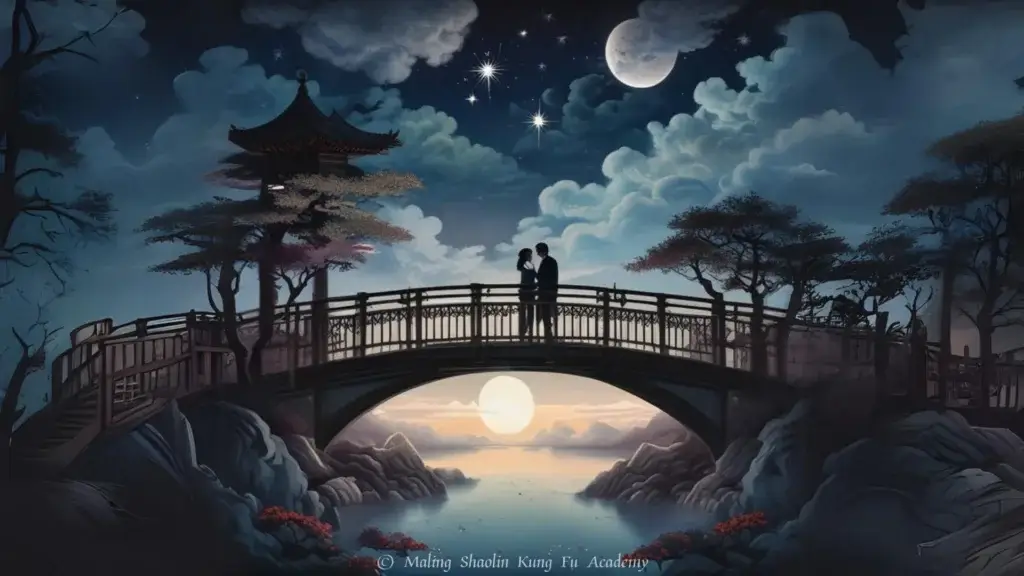
In contemporary times, the Qixi Festival has evolved into a day for lovers to express their feelings and celebrate their relationships, similar to Valentine’s Day in the West. Couples exchange gifts, such as flowers, chocolates, and jewelry, and go on romantic dates. It is a popular time for proposals and weddings, as the festival is imbued with the spirit of love and commitment.
Many cities host special events, such as lantern festivals, performances of traditional Chinese operas, and storytelling sessions that recount the legend of Niulang and Zhinu. The festival also inspires creative expressions of love, with people sharing poems, songs, and heartfelt messages.
In the digital age, the Qixi Festival has found a new life online. Social media platforms are flooded with expressions of love, romantic messages, and artistic depictions of the legendary lovers. Online shopping for Qixi gifts has also become a significant trend, with many retailers offering special discounts and promotions.
The Cultural Significance of Qixi
Beyond its romantic connotations, the Qixi Festival holds a deeper cultural significance in Chinese society. It is a celebration of love and fidelity, emphasizing the values of loyalty, commitment, and the sanctity of marriage. The festival also serves as a reminder of the importance of expressing love and appreciation, not just between couples but within families and communities.
Moreover, the Qixi Festival connects people to their cultural heritage, preserving traditional customs and legends that have been passed down through generations. It fosters a sense of cultural identity and continuity, allowing people to honor the past while creating new traditions for the future.
Conclusion
The Qixi Festival, with its rich history and poignant legend, continues to be a beloved celebration in Chinese culture. Whether through traditional rituals or modern expressions of love, the festival provides a special opportunity for people to reflect on the beauty and power of love. As couples celebrate their bonds and families come together, the story of Niulang and Zhinu lives on, reminding us all of the timeless and universal nature of love.




